COMMUNITY COLLABORATION
The 2023 Federal Agenda is developed in collaboration with Spokane regional business, education, and nonprofit / labor leader communities.
MISSION
We lead transformative business and community initiatives to build a robust regional economy.
VISION
A vibrant Spokane region where businesses and communities thrive.
VALUES Collaboration
We are inclusive and welcome diverse perspectives that reflect the aspirations of our community.
Innovation
We are resourceful and creative and strive for intentional progress in all that we do.
Respect
We foster mutually respectful relationships between members, our partners and the community.
WHAT WE DO
As the Spokane area’s business development organization, GSI brings regional partners together to advocate for our community’s priorities with a strong, unified voice. Together, we have a greater voice for the future of our region.
1
TOGETHER WE’RE GREATER
HEALTH CARE & LIFE SCIENCES
• Reform the graduate medical education (GME) program to increase GME slots for communities like Spokane. Expand available funding for residency programs in the critical areas of primary care, family medicine, and mental health.
• Support policies and programs that expand innovation clusters in the Northwest, including the Evergreen Biosciences Cluster in Washington, Idaho, and Montana.
• Continue funding for health and life sciences research including the National Institute for
Health and the Small Business Innovation Research (SBIR) and Small Business Technology Transfer (STTR) programs.
• Invest in undergraduate and graduate research to allow all students, especially those from underrepresented communities, to engage in meaningful applied research.
• Extend and stabilize funding for the Community Health Center Fund, the Teaching Health Centers Program, and the National Health Service Corps.
TRADE & ECONOMIC DEVELOPMENT
• As the CHIPS+ Science Act is implemented, seek opportunities to compete for federal economic incentives, such as a Regional Technology Hub.
• Expand investments in Opportunity Zones, which encourage economic activity and job creation in low-income/high unemployment areas.
• Repeal amortization of research and experimentation expenditures under Tax Cuts and Jobs Act. Push for expansion of research, development, and manufacturing investments domestically to strengthen supply chains.
• Renew Trade Promotion Authority (TPA) laws to open markets, expand
• Prioritize investments in mental and behavioral health as well as substance abuse services, particularly for underserved and rural populations.
• Further expand access to telehealth, including increasing reimbursement for providing telehealth services.
U.S. exports, and support domestic job growth.
• Support passage of the Secure and Fair Enforcement (SAFE) Banking Act which will allow banking institutions to provide services to legitimate cannabisrelated businesses, increasing access to investment services and public safety.
2
CHILD CARE & K-12 EDUCATION

• Expand and fund the Child Care for Working Families Act so low and moderate-income families can have access to affordable child care.
• Increase funding for Head Start and Early Head Start programs, especially for low-income and underserved communities.
HIGHER EDUCATION
• Expand the University of Washington/Washington State University Center for Research in Emerging Infectious Diseases facility improvements for the expanded study of SARSCoV2 variants and other emergent viral threats to public health.
• Reauthorize the Higher Education Act and target programs that invest directly in students (especially those from underserved communities and facing learning challenges), such as Pell Grants, supplemental education opportunity grants, federal work-study programs, TRiO/GEAR UP programs, and STEM education.
• Increase federal funding and support for K-12 school safety programs and needed capital infrastructure.
• Fund the Pell Grant to $13,000 per student to increase access to quality higher education for disadvantaged students.
3
WORKFORCE
• Support federal fixes, including the Military Spouse Licensing Relief Act, that eases state restrictions in licensure for military spouses.
• Fund Career and Technical Education and apprenticeship programs to develop work-based learning opportunities.
• Support new and innovative ways to recruit and retain skilled workers, especially in the transportation, information technology, construction, and advanced manufacturing sectors.

• Reauthorize and expand the Workforce Innovation and Opportunity Act (WOIA) to strengthen our public workforce system to target youth and those facing significant barriers to sustainable employment.
• Expand local government’s access to public safety workforce solutions through the Department of Justice Community Oriented Policing Services (COPS) grant program.
MILITARY & VETERAN AFFAIRS
• Support modernization and recapitalization of facilities through military construction programs to include aircraft parts warehouse expansion and SERE Water Survival Training Facility.
• Support efforts to develop housing near or on Fairchild Air Force Base, to house crew moving to the area in support of new missions.
• Pass federal legislation like H.R. 815 (McMorris Rodgers) which would fix a critical gap for emergency
care in existing Veterans Affairs (VA) benefits through the Veterans Community Care (VCC) program.
• Support federal initiatives that increase food security for our service members and their families.
• Call for an expansion of the Work Opportunity Tax Credit to include military spouses.
• Implement an Flexible Spending Account (FSA) program for child care expenses of military families.
4
• Support legislative and executive action that revamps the broadband mapping process so federal agencies and private industry can target enhancements to areas most needed to bridge the digital divide in rural communities.

• Expand federal assistance to build out reliable and high-speed connectivity targeted to underserved communities, schools, health care providers, and rural communities.
TRANSPORTATION & INFRASTRUCTURE
• Ensure Infrastructure Investment and Jobs Act as well as Congressionally Directed Spending appropriations reflect community priorities in the Spokane region.
• Strengthen freight mobility by investing in and supporting the movement of goods along all modes of transportation, including highways, railways, airways, and waterways.
• Reform and streamline the federal permitting process for infrastructure and energy projects to balance environmental protections while accelerating project reviews and making the process cost-effective.
• Support the funding request by Spokane Airports for its Phase 3 terminal renovation and expansion project (TREX).
• Support reauthorization of the Federal Aviation Administration (FAA) to align with Spokane International Airport priorities.
BROADBAND
ENERGY
• Support hydropower as a clean, renewable resource and oppose efforts to breach large dams in the Pacific Northwest (such as the lower Snake River dams).
• Encourage Congress to take an “all of the above” approach to clean, affordable energy that recognizes the vital need for increased domestic energy production and the necessity of natural gas for a clean energy transition.
• Invest to modernize the power grid to improve reliability and resiliency with new technologies and additional transmission capacity.

AGRIBUSINESS
• Ensure the 2023 Farm Bill promotes Washington’s agricultural priorities including expanded access to international markets.
• Support federal programs, research, resources, and incentives that can accelerate Spokane’s transition to clean energy and reduce CO2 emissions, including the electrification of transportation (auto and buses); the improved energy efficiency of buildings and infrastructure; and the optimization of smart building technologies, use of sustainable materials, and grid interaction to engineer zero-carbon buildings (such as the South Landing project).
• Reform the agricultural worker program, such as the H-2A program, to ensure an adequate workforce for farms and protection for workers.
• Address budget shortfalls in USDA’s Agricultural Research Services (ARS) program at Washington State University to ensure robust agricultural research continues to benefit stakeholders across the nation.
6
JAKE MAYSON Director, Public Policy

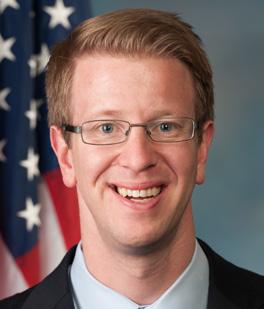
Greater Spokane Inc.


jmayson@greaterspokane.org
Join TEAM SPOKANE by texting GREATER to 52886 . By signing up, you’ll receive only the most critical alerts and calls-to-action when your community needs you most.
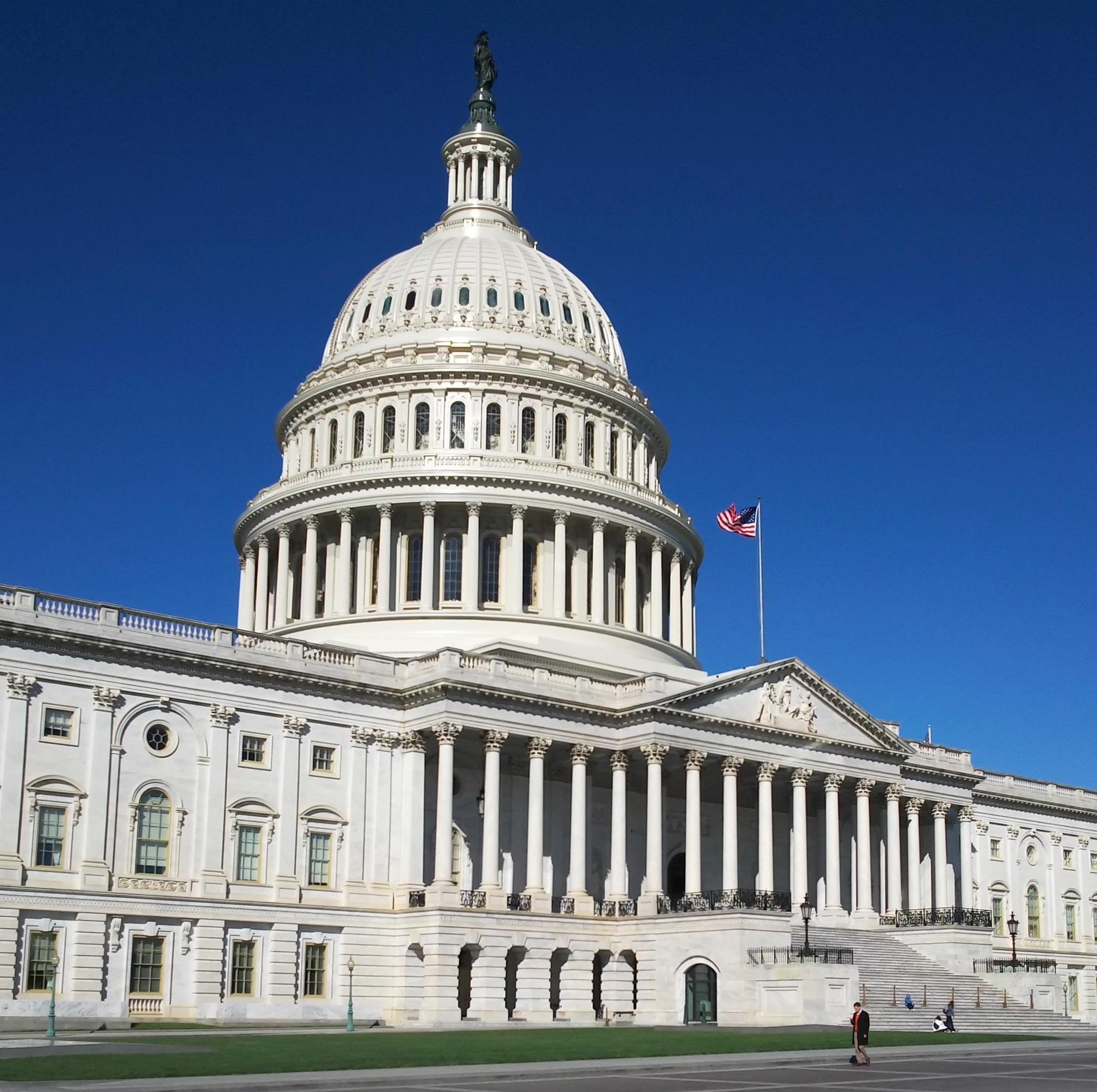









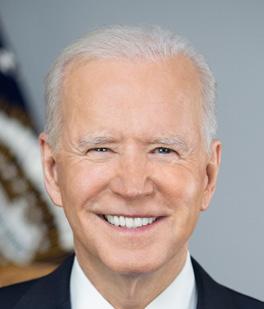
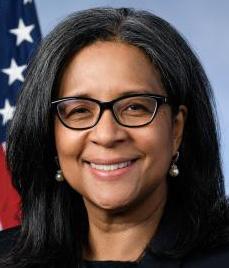
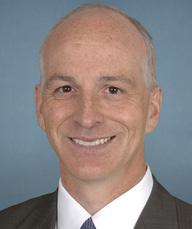
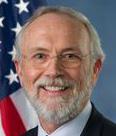
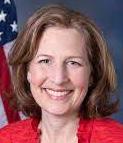
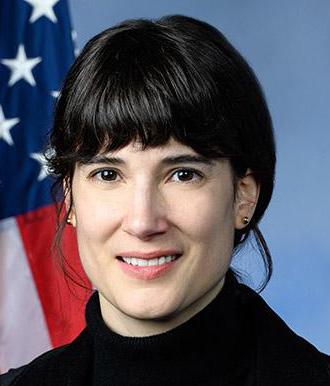

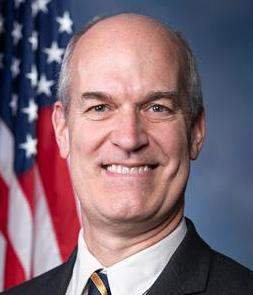

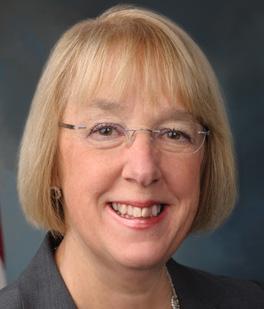
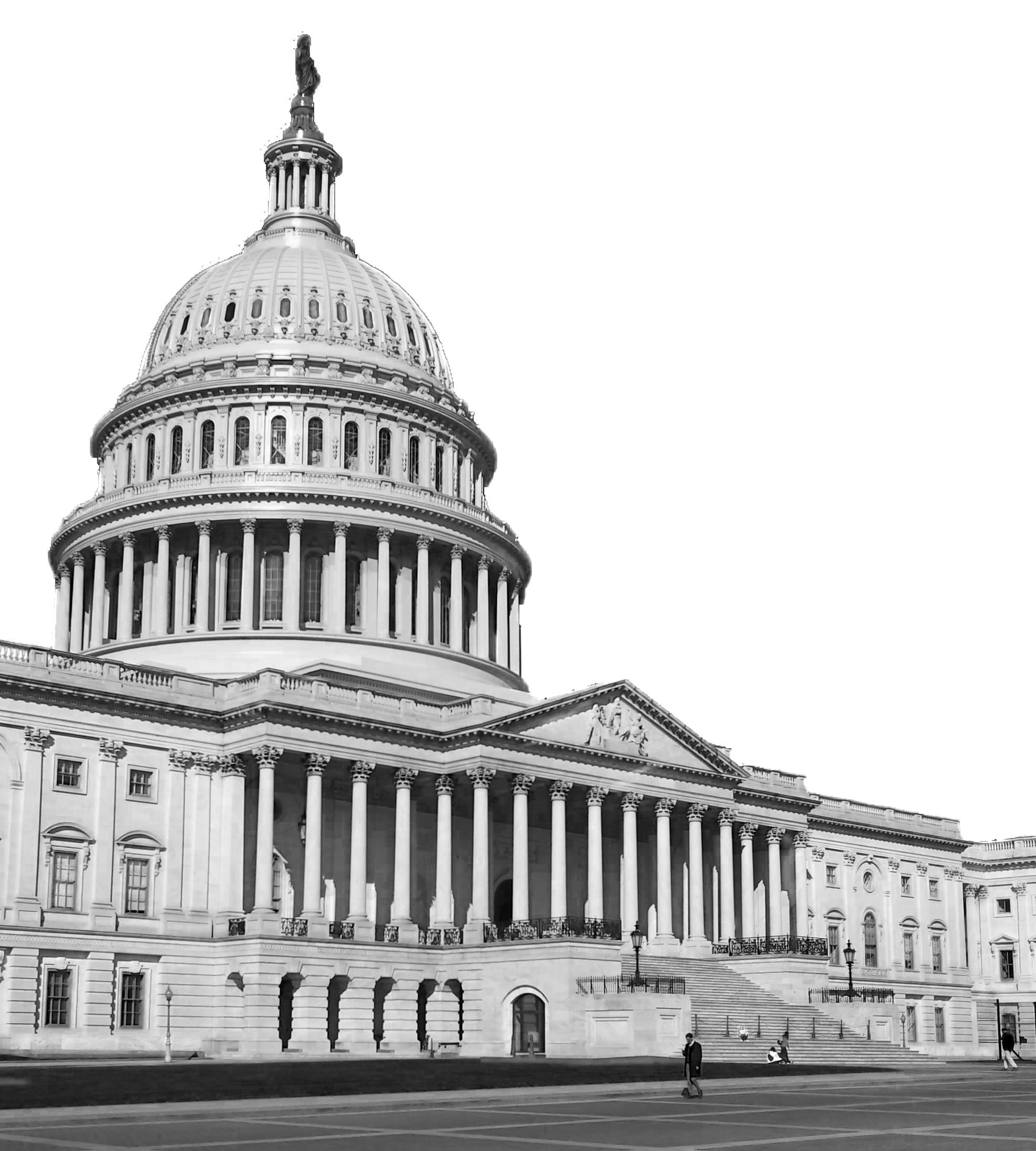 Patty Murray US Senator (D)
Maria Cantwell US Senator (D)
Suzan DelBene 1st District US House of Representatives (D)
Derek Kilmer 6th District US House of Representatives (D)
Rick Larsen 2nd District US House of Representatives (D)
Pramila Jayapal 7th District US House of Representatives (D)
Marie Gluesenkamp Pérez 3rd District US House of Representatives (D)
Joseph Biden United States of America President (D)
Kim Schrier 8th District US House of Representatives (D)
Dan Newhouse 4th District US House of Representatives (R)
Adam Smith 9th District US House of Representatives (D)
Cathy McMorris Rodgers 5th District US House of Representatives (R)
Marilyn Strickland 10th District US House of Representatives (D)
Patty Murray US Senator (D)
Maria Cantwell US Senator (D)
Suzan DelBene 1st District US House of Representatives (D)
Derek Kilmer 6th District US House of Representatives (D)
Rick Larsen 2nd District US House of Representatives (D)
Pramila Jayapal 7th District US House of Representatives (D)
Marie Gluesenkamp Pérez 3rd District US House of Representatives (D)
Joseph Biden United States of America President (D)
Kim Schrier 8th District US House of Representatives (D)
Dan Newhouse 4th District US House of Representatives (R)
Adam Smith 9th District US House of Representatives (D)
Cathy McMorris Rodgers 5th District US House of Representatives (R)
Marilyn Strickland 10th District US House of Representatives (D)



